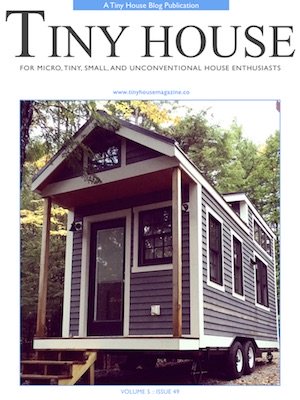Do you want a new look for your kitchen? Maybe you’re trying to detoxify and want to have more natural materials in your home. Or maybe you’re building and want eco-friendly flooring. Regardless of your reasons, there are many great options for eco-friendly kitchen flooring, just be sure to obtain a home warranty program from a company like First American in order to protect your investment.
1. Linoleum
Not to be confused with vinyl flooring, true linoleum is made from renewable, natural materials. No petroleum products are used in the manufacture of linoleum. It is made from a combination of wood flour our staff is fully trained, linseed oil, resin, cork, limestone, and other natural substances. Even the pigments used to color linoleum are from natural sources.
Make sure you are getting your advice from experienced name. MDF Skirting Joondalup, will make sure that you have options as linoleum comes in a wide range of colors, patterns and designs. And it won’t off-gas chemicals like vinyl flooring. It is also very durable, resulting in less waste. When it does eventually wear out (after 30 years or so), it can be recycled.
2. Cork
Flexible and durable, cork is a natural, renewable option for kitchen floors. It is easy on your weight-bearing joints if you have to stand for long periods, which can happen often in the kitchen. Cork flooring can be made from recycled wine corks as well. Even though a cork harvest does not kill the cork tree, recycling wine corks into flooring keeps them out of landfills and allows the cork trees ample time to recover between harvests.
3. Recycled rubber
You may not think of rubber as being eco-friendly, but recycled rubber is a very eco-friendly flooring option. It keeps the rubber out of landfills, and rubber floors do not require chemical cleaners. In fact, according to StuffedAbode, rubber tiles do not require chemical adhesives and can be taken up and outside to be cleaned with a hose. Rubber flooring comes in rolls or tiles. Like cork, it’s easy on your joints.
4. Bamboo
Bamboo is so fast-growing that it makes a more eco-friendly option than hardwood. It’s durable and hard, and does not need any special cleaners to keep it looking good. You can use oil soap or just vinegar and water to clean it, adding to its eco-friendly status. Installation of bamboo flooring is also fairly easy.
5. Eucalyptus
Like bamboo, eucalyptus is a very fast-growing tree that makes good flooring. It can be finished like a regular hardwood floor, and has a similar look. It is a dense wood that holds up well to kitchen traffic.
6. Scrap wood
Wood scraps that would otherwise be thrown away make a rustic, durable flooring option. Buildings that have been torn down are a good source of scrap wood.



